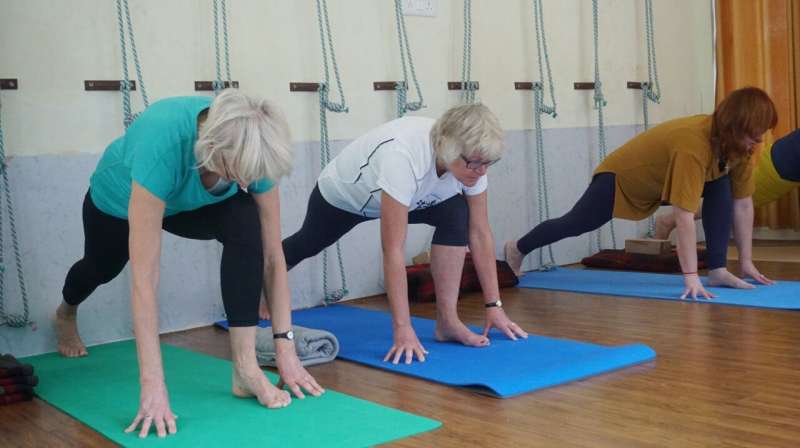Exercise Helps Maintain Vitamin D Levels During Winter, New Study Shows

New research reveals that regular moderate exercise helps maintain healthy vitamin D levels during winter, supporting immune and bone health without supplements.
As the winter months set in and sunlight exposure diminishes, maintaining healthy vitamin D levels becomes a challenge for many. While sunlight is the body’s natural source of vitamin D, recent research highlights the crucial role that regular physical activity plays in supporting vitamin D status during darker months. A collaborative study by the University of Bath, University of Birmingham, University of Cambridge, and other institutions, published in Advanced Science, demonstrates that moderate-intensity exercise can prevent significant declines in vitamin D, even without weight loss or supplementation.
The investigation involved overweight and obese participants who engaged in a structured indoor exercise program over ten weeks during winter, a period when natural vitamin D production from sunlight is minimal. Participants performed four exercise sessions weekly, including treadmill walking, steady-state cycling, and high-intensity interval training. The results showed that exercisers experienced a smaller reduction in overall vitamin D levels—about 15%—compared to a 25% decline in non-exercisers. More importantly, those who exercised maintained healthy levels of the active form of vitamin D (1,25(OH)₂D₃), vital for bone health, immune function, and organ support.
This active form of vitamin D is often not preserved by supplements alone, making exercise a promising strategy for maintaining optimal vitamin D status. The study confirms that exercise not only boosts vitamin D metabolites temporarily but also sustains basal circulating levels, providing ongoing protection through the winter months.
Professor Dylan Thompson, lead investigator of the VitaDEx study, emphasized, "Our findings suggest that regular physical activity can be an effective way to combat winter-related vitamin D decline, especially for individuals with overweight or obesity for whom supplements are less effective." Participants like Liam Kilawee noted the positive impact of the study’s approach, highlighting the importance of consistent exercise routines.
In summary, incorporating moderate exercise into winter wellness routines supports vitamin D health and offers broader health benefits. Public health strategies should consider activity as a vital component for maintaining vitamin D levels during seasons with limited sunlight exposure.
Stay Updated with Mia's Feed
Get the latest health & wellness insights delivered straight to your inbox.
Related Articles
Study Finds Iyengar Yoga May Increase Fall Risk in Older Adults
A groundbreaking study reveals that Iyengar yoga may unintentionally increase fall risk among older adults, highlighting the importance of tailored exercise for seniors.
Weekend Warrior Exercise Routines Help Lower Mortality Risk in People with Diabetes
A new study reveals that 'weekend warrior' exercise routines can significantly reduce the risk of early death and heart disease in individuals with diabetes, highlighting the benefits of flexible physical activity patterns.



